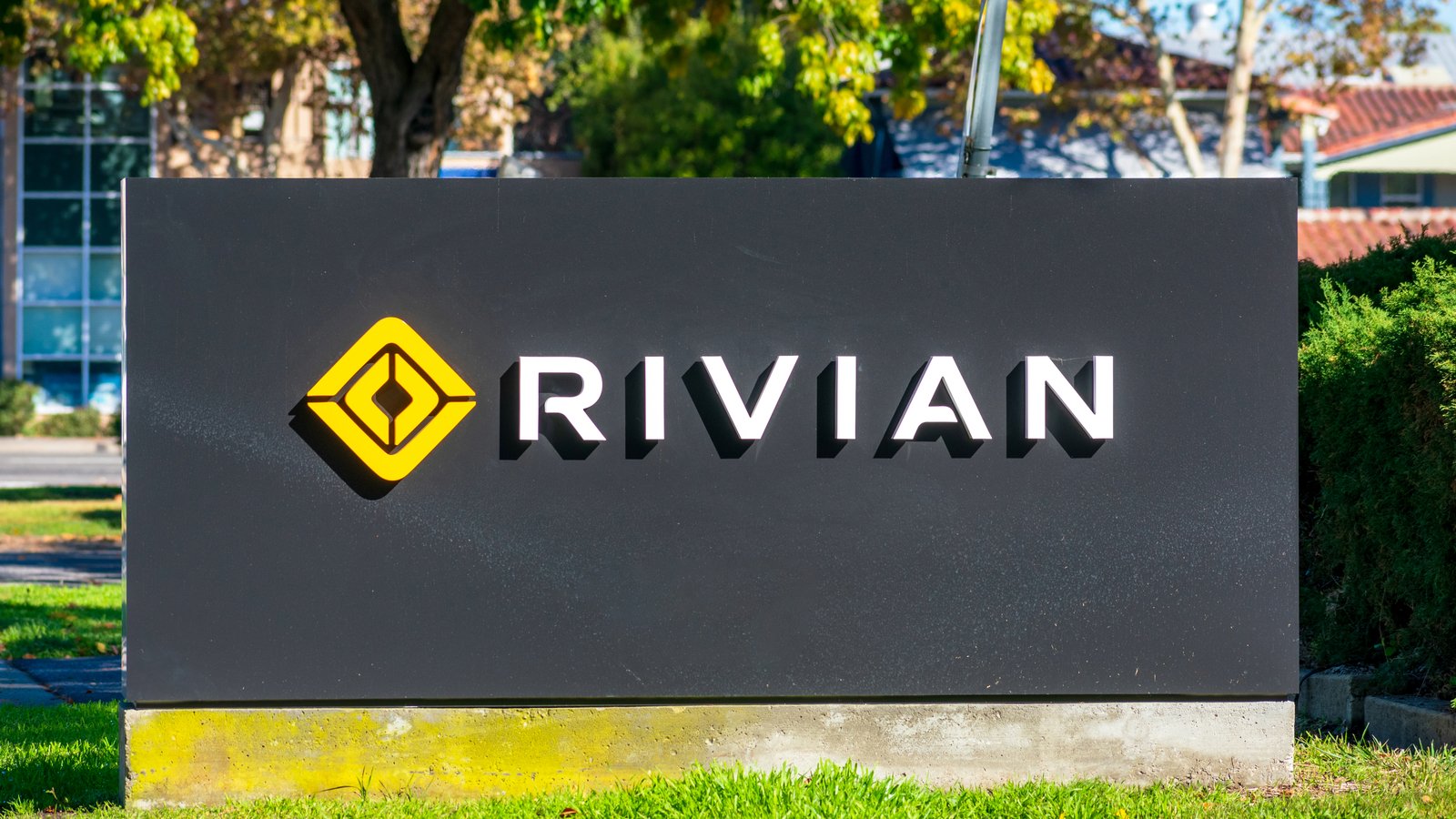Rivian Automotive (NASDAQ:RIVN) is among the top U.S. EV stocks that have underperformed in recent years. Since its IPO, RIVN stock has lost more than 90% of its value. To be fair, many companies in this sector have seen similar fates, or even worse.
But for Rivian, a company with an excellent brand and growing market share in the EV space, the future outlook may be brighter than many peers. The company has raised a $5 billion investment from Volkswagen (OTCMKTS:VWAGY), is launching new models, and appears to have a lineup that should be able to not only compete but garner outsized market share over time.
Some analysts are bullish on Rivian’s upcoming earnings report, which is set to be released after market close today, August 6. Truist Securities raised its price target to $16 per share for RIVN stock, with the firm noting recent declines are largely due to market-specific trends. The company’s cost-cutting measures could flow through to an earnings beat, and if it does, this could be a stock poised for upside.
Let’s dive into this thesis, and whether RIVN stock is worth buying here.
Q2 Earnings Ahead

Rivian Automotive is anticipated to report lower earnings and revenues for Q2 2024. Actual results compared to estimates could significantly impact its stock price, with investors clearly focusing on how the company’s loss potentially narrows, and whether cost-cutting measures flow through to the bottom line.
As is the case with a number of other EV makers, losses and cash burn matter a great deal. Presently, analysts are expecting Rivian to post a $1.24 per share loss and a revenue of $1.09 billion. Shares are down 37% year-to-date due to EV demand slowdown, and expectations that the company’s cash burn will continue or potentially accelerate from here.
The automaker will announce its Q2 financials on August 6, and significant uncertainty remains around how the company will perform on both the top and bottom lines. Positive management commentary and strong Q2 results could boost the stock, but it’s clear that investors are taking a cautious approach to RIVN stock heading into earnings.
CEO Remains Optimistic

Rivian Automotive CEO RJ Scaringe is a staunch believer in electric-powered vehicle concepts. While facing criticisms on his outlook of the vehicle industry, there are reasons why his optimism may be well-placed.
Rivian’s R2 has generated plenty of positive sentiment, relative to existing models in the market. Tesla’s (NASDAQ:TSLA) Model Y is a direct comparable to this model, and while slightly longer and wider, the R2 provides a distinctive design with more headroom. I think as more EV buyers look for Tesla alternatives, this particular model could continue to generate outsized interest, with the upcoming R3 model adding even more uniqueness and new features for consideration. Scaringe’s March reveal of these next-gen models aims to expand Rivian’s appeal, with the R2 starting at $45,000. That’s below the average US new car price of $48,644.
In Rivian’s early days, Scaringe often faced skepticism about electric SUVs and trucks. He recalled on a MotorTrend podcast how people found the idea crazy. Initially, there was disbelief in EVs beyond the small car market. However, perceptions have clearly changed as the versatility of EV architecture becomes clear. Scaringe noted that while not everyone is buying an EV now, many expect their next vehicle to be electric.
Despite concerns, U.S. EV sales grew 11.3% year-over-year in Q2, reaching 330,463 units. Scaringe noted growth but limited mid-sized SUV choices. German authorities approved Rivian’s joint venture with Volkswagen, citing no competition issues, leading to a significant pathway for future growth, particularly in the European market.
Analysts Reboot RIVN Price Target

Rivian recently paused construction of its Georgia plant to save costs, a move the company deems as necessary to ensure its long-term viability. Analysts appear to approve of this move, with analysts at Truist recently raising their price target on the news. Assuming Rivian can continue to make the right market adjustments and better finance its production ramp, there’s a lot to like about Rivian’s current position here.
The company’s focus remains on reducing R1 costs, improving customer feedback, and continuing discussions with key partners such as Volkswagen. Morgan Stanley’s Adam Jonas raised Rivian’s target to $17 per share, maintaining an overweight rating. The VW deal should stabilize the stock, but Jonas sees Rivian’s future as stronger as a tech partner than a standalone EV maker.
Better to Wait on RIVN Stock

I’m of the view that Rivian certainly has a brighter future than many of its EV peers. That said, it’s a tough market out there. And if all the recession signals that are bright red right now do materialize, it’s hard to remain bullish on this company from a near-term perspective.
I think the risks are simply too steep right now to justify calling RIVN stock a buy at current levels. Indeed, while the risk-reward does look much better at current levels than it did around the company’s IPO, the uncertainty in the market remains strong. I’m of the view that it’s likely better to wait for a clear pathway to profitability before jumping into most EV stocks right now. That includes Rivian, for the time being.
On the date of publication, Chris MacDonald did not hold (either directly or indirectly) any positions in the securities mentioned in this article. The opinions expressed in this article are those of the writer, subject to the InvestorPlace.com Publishing Guidelines.
